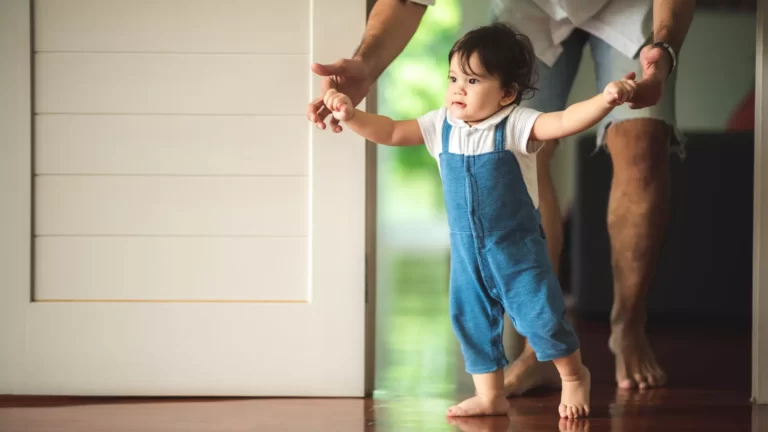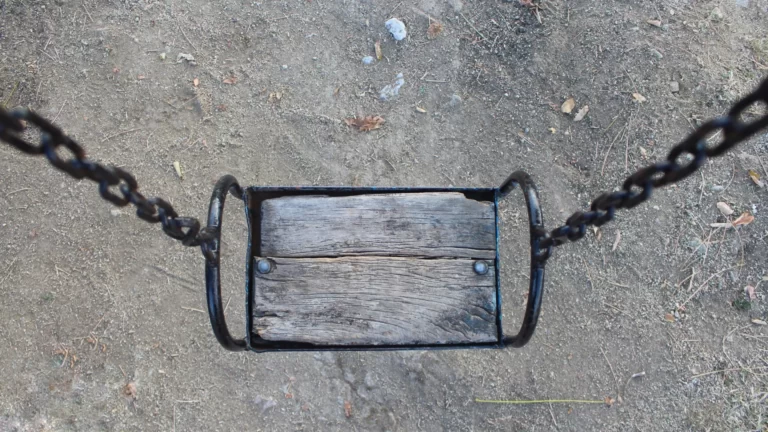Parenting A Teenager With Reactive Attachment Disorder
Originally posted on 13/06/2023 @ 09:10
It is important for parents of a teenager with reactive attachment disorder to understand that this condition is not their fault. Many factors can contribute to the development of reactive attachment disorder, including early childhood trauma or neglect, maternal depression, and genetic predisposition.
While parents need to understand that they are not to blame for their child’s condition, it is also crucial that they seek help from professionals who can provide guidance and support for parenting skills. Many resources are available to parents of a teenager with reactive attachment disorder, and seeking out help is important in ensuring the best possible outcome for their child.
What Is A Reactive Attachment Disorder?
The condition is characterized by a lack of healthy attachment to primary caregivers, leading to several behavioral issues. Teenagers with reactive attachment disorder may have difficulty forming attachments, be highly irritable or aggressive, have problems with self-regulation, and exhibit oppositional or defiant behaviors.
While the exact cause of reactive attachment disorder is unknown, it is believed to result from early childhood trauma or neglect. This can happen when a child does not receive the love and attention they need from their primary caregiver or if the child suddenly knows that he’s an adopted child. As a result, the child may have trouble forming attachments and become withdrawn or unresponsive.
How To Help A Teenager With Reactive Attachment Disorder?
Some general tips may help parent a teenager with this condition:
Understand The Basics Of Reactive Attachment Disorder
The first step in helping your teenager understand the condition’s basics. This will help you be more patient and understanding with your child’s development, and it will also give you a better idea of what to expect even if you are the child’s foster parents.
Be Patient
Reactive attachment disorders can be frustrating for both teenagers and their parents. It is important to be patient with your child and not expect too much too soon.
Seek Professional Help
If you struggle to cope with your teenager’s condition, it is important to seek professional help. Many resources are available to families dealing with this disorder, and a professional can help you find the support you need.
Be Supportive
One of the most important things you can do for your teenager is to be supportive. This includes being understanding and patient, but it also means providing a child’s emotional support when needed. Let your teenager know that you are there for them and love them no matter what.
Encourage Positive Relationships
While it may be difficult, it is important to encourage your teenager to develop positive relationships. This can help them feel more connected and less isolated. It is also a good way to learn how to cope with their condition.
Teach Coping Skills
One of the best things you can do for your teenager is taught them some coping skills. This can help them deal with their condition more positively. There are many resources available that can help you teach your teenager how to cope with their disorder.
Seek Therapy
If you feel like you are struggling to help your teenager, it may be good to seek therapy. Many therapists specialize in helping families dealing with reactive attachment disorder. A therapist can help you learn more about the condition and how to best help your child.
Join A Support Group
There are many support groups available for families dealing with reactive attachment disorder. This can be a great way to meet other parents going through the same thing. It can also be a good place to get information and support.
Educate Yourself
One of the best things you can do for your teenager is educated yourself about the condition. There are many resources available that can help you learn more about reactive attachment disorder. The more you know, the better equipped you will be to help your child.
Is Reactive Attachment Disorder A Mental Illness?

It is important to remember that reactive attachment disorder is not a mental health disorder. It is a disorder that affects a person’s ability to form attachments with others. Many factors can contribute to the development of reactive attachment disorder, including early childhood post-traumatic stress disorder or neglect.
What Does RAD Turn Into?

If left untreated, reactive attachment disorder can lead to several serious problems, including
- Difficulty forming relationships: One of the main problems associated with RAD is difficulty forming attachments. If you are the parent of a teenager with RAD, it is important to understand that your teen may have difficulty attaching to you or other family members. This can make parenting a challenge, but there are things you can do to help your teen develop healthy attachments.
- Oppositional behaviors: Oppositional behavior is another common problem associated with RAD children. Teenagers with RAD may exhibit defiant and oppositional behaviors towards authority figures, including parents and teachers. This can make it difficult for them to function in school and at home.
- Substance abuse: Substance abuse is another serious problem in teens with RAD. This is often a result of the teen’s attempts to self-medicate their symptoms. Substance abuse can lead to serious problems, including addiction and overdose.
- Depression and anxiety: Depression and anxiety are common problems in teens with reactive attachment disorder RAD. This is often because they feel isolated and alone. Depression and anxiety can lead to serious problems, including self-harm and suicide.
- Psychotic symptoms: Psychotic symptoms, such as hallucinations and delusions, can occur in teens with RAD. This is often a result of the teen’s attempt to cope with their condition. Psychotic symptoms can lead to serious problems, including hospitalization.
There Is Always Hope for Teenagers with RAD

While it may seem like your teenager is lost forever, there is hope. With early intervention and treatment, many RAD kids can go on to lead happy and healthy lives. If you are the parent of a teenager with RAD, it is important to seek help from a mental health professional. With the right help, your teen can learn to manage their symptoms and live a fulfilling life.
People Also Ask:
How do you discipline a teenager with reactive attachment disorder?
Be clear on your actions, think through the consequences before implementing them, and be patient. You’re inevitably going to fail sometimes. Raising a child with RAD is hard, and you may not always get it right, but you can still do it. Consider whether you chose the best strategy for each discipline, then give yourself time to reflect before trying again.
How do you help a child with reactive attachment disorder?
They are being nurtured, responsive, and caring toward children. Providing consistent caregiving encourages a stable attachment between the caregiver and the child. They create an enjoyable, stimulating, and interactive environment where children feel comfortable. As needed, taking care of the child’s health, safety, and housing needs.
Can you fix reactive attachment disorder?
Reactive Attachment Disorder treatments include teaching children how to create a stable and nurturing environment and providing positive interactions between caregivers and children. If you’re a parent or caregiver, counseling and education can help you cope with your child’s disorder.
What should a child with RAD not do?
Children with RAD shouldn’t be left alone with other children or pets because they may hurt themselves or others. They should not be in charge or allowed to dominate any situation in life. They shouldn’t go to therapy by themselves. As an adult, you should be able to communicate and work as a member of a team to provide the highest quality care for the child.
Tip of the day
Find out more about relationships, parenting and family culture in these related articles below:
- sibling relationships
- step sibling rivalry
- healthy family culture
- lazy child
- relationship trust issues
- enmeshed parenting
Conclusion
Parenting a teenager with reactive attachment disorder can be difficult but possible. With knowledge, understanding, and patience, you can help your young child learn to trust and attach to others. If you have any questions or need support, please reach out to a professional.







